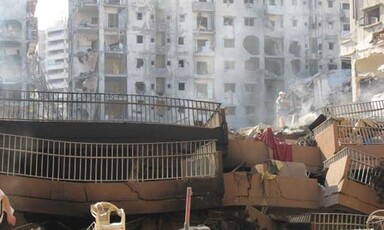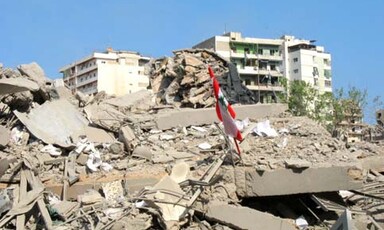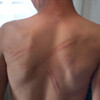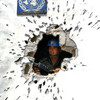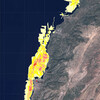
Silence breeds impunity - investigations are needed
23 August 2006
First there were allegations of illegal tactics. Now it is the illegal use of certain weapons. As Jeff Handmaker writes, such allegations are hardly new. Israel has for years been accused of both in its systematic dispossession, oppression and killing of Palestinians. However, the continued silence on the part of the international community has sent a dangerous message to Israel that it need not feel restrained in either the methods or weapons it uses in its military operations, and so it has set the bar of violence ever higher. The new level of disregard for international law granted tacit permission to Israel’s war commanders to experiment with a vast and sophisticated weaponry. Read more about Silence breeds impunity - investigations are needed


